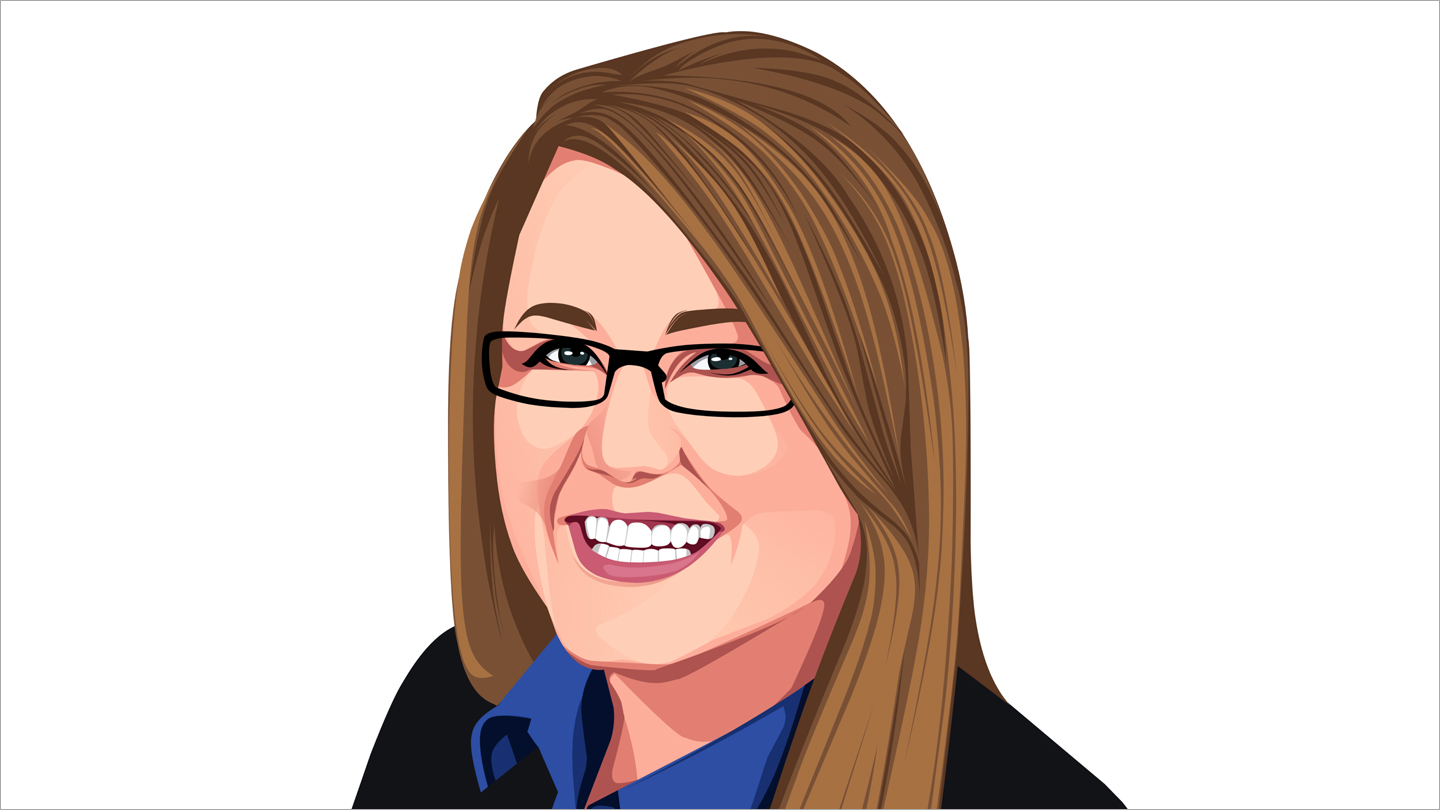The business case for supporting family caregivers - McKnight's Senior Living
Two recent developments reflect the increasing recognition that many workers have caregiving responsibilities outside of their jobs, and that employers can do something to alleviate the stress related to those responsibilities. In fact, these efforts suggest, employers that implement policies and benefits to make life easier for family caregivers will be putting themselves at a competitive advantage in the tight labor market.
“An estimated 50 million Americans, or 21 percent of the adult population, are providing care for a loved one, with greater than 60 percent of these caregivers also holding jobs,” according to the Milken Institute’s new “Supporting Family Caregiving: How Employers Can Lead” report. “The dual responsibility is becoming increasingly common, as 10,000 adults turn 65 every day, leading to projections that by 2030, 73 million people will be aged 65 and over with 70 percent needing some form of long-term care at some point in their lifetime.”
Employers in an industry centered on serving the nation’s aging adults should not be surprised by those numbers.
Noting that eldercare can be less predictable than childcare because it often is triggered by an unexpected event such as a fall, stroke or diagnosis, the report also cites research that 80% of caregivers for older adults believe that companies are more understanding of childcare responsibilities than they are of eldercare responsibilities. “This sentiment is especially pronounced among those who have experienced both childcare and eldercare, highlighting the need for companies to address this disparity and provide balanced support for all caregiving responsibilities,” the report authors wrote.
Family caregiving affects workers’ financial stability, career progression and overall well-being, stated the authors, Priyanka Shah and Diane Ty, associate director and managing director, respectively, of the Milken Institute Future of Aging.
“Employers can address these challenges — and safeguard their bottom line — by supporting employees balancing work and caregiving responsibilities or considering leaving their roles,” they wrote on the report’s online landing page.
For companies that would like to support employees who are family caregivers, the report suggests three ways to do so:
“Organizations that prioritize caregiver support experience measurable benefits, including improved employee retention, higher engagement, and greater productivity,” Shah and Ty write. “These efforts enhance workforce well-being and position organizations as leaders in an evolving talent landscape.”
You’ll find more information in the report. It comes as US News launches its first list of “Best Companies to Work For: Supporting Family Caregiving” to “provide a look at top workplaces that make it easier for employees to manage their family care and professional commitments so they can contribute their best selves to the company’s success,” according to U.S. News’ Vice President of Careers Carly Chase.
The list rates 80 publicly traded companies across 29 industries using “a coalescence of data and expertise” from sources such as Milken, US News, the Hopkins Business of Health Initiative and the Society for Human Resource Management, according to US News. The celebrated companies had to be listed on the Russell 3000 Index. (Scroll down here to read more about the methodology.)
“As caregiving demands grow, our vision for this list underscores the critical role of employers in fostering supportive workplaces,” Ty said in a news release announcing the ratings.
SHRM Chief of Staff, Head of Government Affairs and Corporate Secretary Emily M. Dickens pointed out that as people live longer, an increasing number of employees find themselves part of the “sandwich generation,” caring for their children and their parents.
“Organizations that recognize this challenge and prioritize the well-being of caregivers show not only empathy but a true commitment to creating compassionate, sustainable workplaces,” she said in a statement. “Offering resources to help employees care for sick, aging or injured loved ones goes beyond being just a benefit — it’s paramount for cultivating a resilient and dedicated workforce.”
You may see some familiar company names on the inaugural list. Congrats are in order for Aveanna Healthcare, in the health services category; Hines, in the real estate category; HUB International and Walker & Dunlop, in the financial services category; Yardi, in the IT, software and services category; and every other company recognized.
Lois A. Bowers is the editor of McKnight’s Senior Living. Read her other columns here. Follow her on X (formerly Twitter) at Lois_Bowers.











